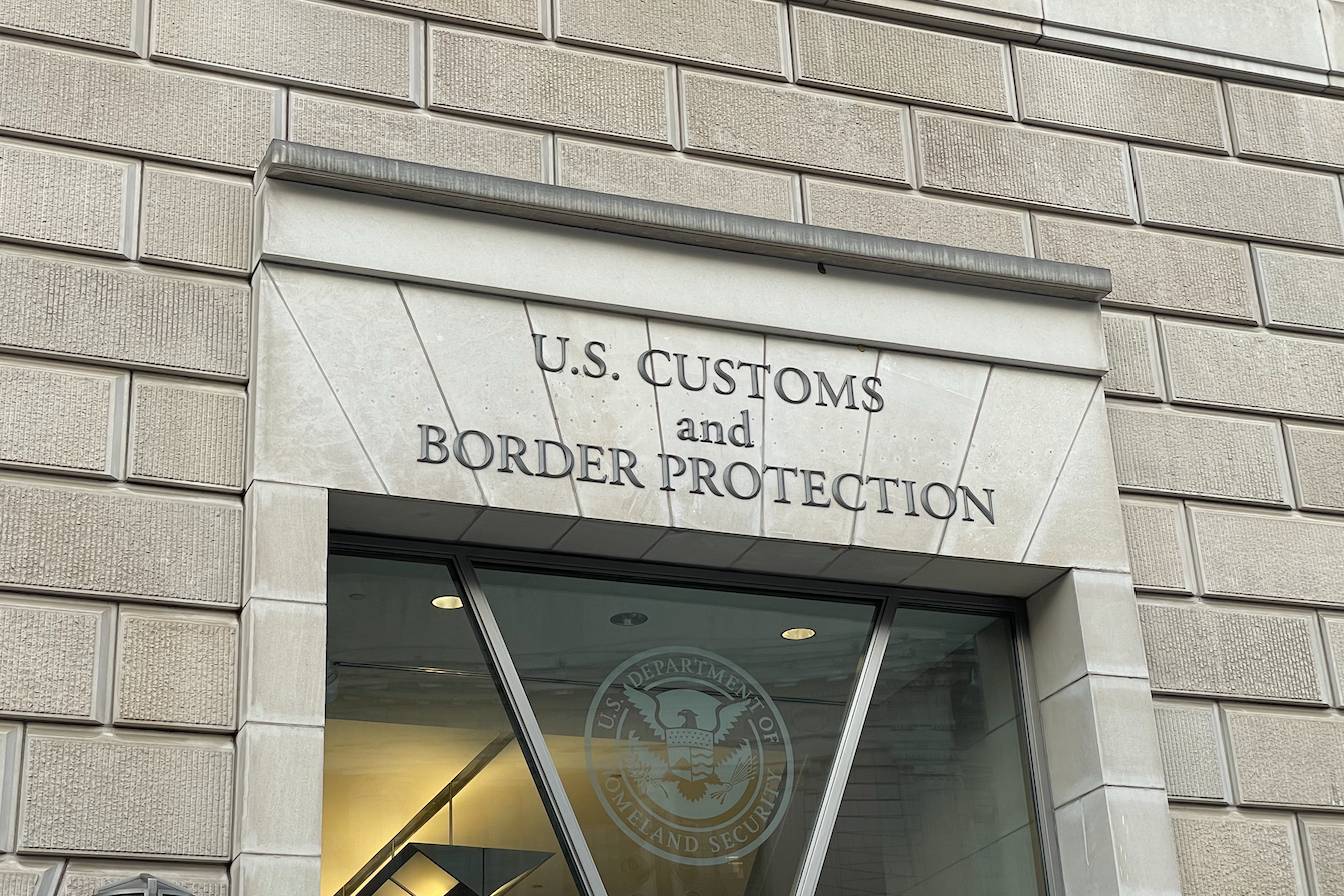

CTPAT
To further combat the possibility of forced labor in supply chains, new forced labor standards have been established for Customs Trade Partnership Against Terrorism (CTPT) members.
Members of the Customs Trade Partnership Against Terrorism (CTPAT) must now abide by new minimum security standards relating to forced labor, according to US Customs and Border Protection.
More than 11,000 people are currently a part of CTPAT, which is in its 21st year and includes importers, exporters, customs brokers, transporters, 3PLs, foreign manufacturers, and others.
According to international trade law firm Sandler, Travis & Rosenberg, the program includes CTPAT Security, in which partners take steps to ensure supply chain security, and CTPAT Trade Compliance, which enables importers to assume responsibility for monitoring their own compliance with trade laws and regulations (ST&R).
Companies must achieve minimal security standards in 12 different areas, such as risk assessment, business partners, physical and procedural security, and cyber security, in order to be licensed. Participants gain advantages in exchange that may lessen the burden of regulations and lessen the severity of enforcement actions.
The new forced labour requirements for CTPAT Trade Compliance partners are as follows, according to ST&R: Risk-based mapping, Code of conduct, Evidence of implementation, Due diligence and training, Remediation, and Shared best practices.
Companies must adhere to the new standards for forced labor in order to be recognized by CBP as of August 1st, and CBP is once again accepting new members for CTPAT Trade Compliance. By 1 August 2023, all current CTPAT Trade Compliance members must adopt these standards.
An innovative washable touchless technology now allows users to interact with textiles and apparel simply by pointing a finger over…
Technosport has partnered with textile machinery manufacturer Karl Mayer to enhance its production capabilities using cutting-edge Tricot machines.
The Department of Science and Technology has partnered with Bayo Manila Inc. under the DOST CRADLE Program to launch the…
AGC Chemicals and DRYFIBER, LLC have announced the development of non-fluorinated oil and water repellent for nonwoven fabrics and technical…
Schuh has partnered with Conscious Creative Unit and Are You Mad to repurpose post-consumer waste materials into functional and artistic…
Fashion for Good and TMC have launched of 'Behind the Break: Exploring Fibre Fragmentation,' a study aimed at identifying key…